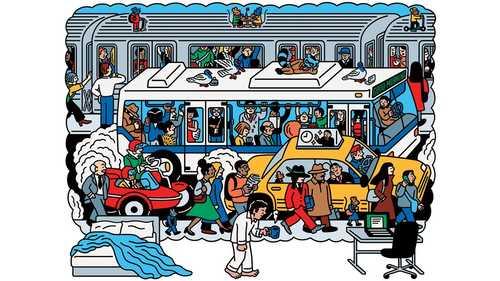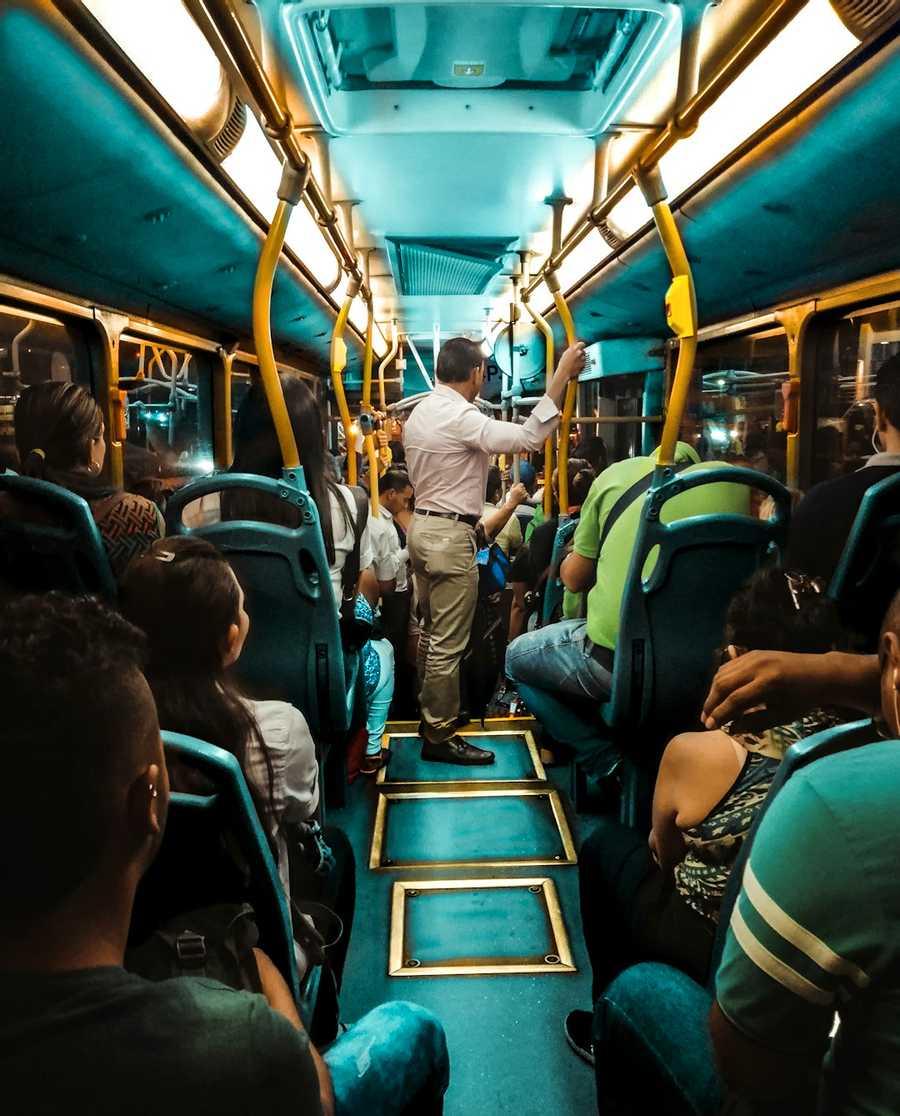Explore the World's Best Ideas
Join today and uncover 100+ curated journeys from 50+ topics. Unlock access to our mobile app with extensive features.
Dangers of Role spillover
- Commute initiates a sequence in which the feelings and attitudes of home life are deactivated, replaced by thoughts of work. This takes time, and if it doesn’t happen, one role can contaminate the other—what researchers call “Role Spillover.”
- Most people engage in “Role-clarifying prospection” during their commute deliberately thinking about plans for work day, which makes them highly satisfied. Skipping this task leaves them in limbo.
9
160 reads
A Commuter’s Double Life
“You get a very strong feeling of two lives with the train as a bridge.” - Gail Sheehy (1968)
- A commuter lives two lives: The distance between those two lives is explored in a body of research loosely known as “Boundary Theory”.
- All of us have multiple selves, all of them authentic. Crossing between these lives isn’t normally easy.
9
49 reads
Commuter’s Lament
“Overslept, so tired.
If late, get fired.
Why bother? Why the pain?
Just go home, do it again.”
--The Commuter’s lament inscribed in New York City’s 42nd Street Station
Daily commute seemed to be the bane of our existence till the pandemic bonded us to our homes.
8
71 reads
No commute hurts
- During/After the pandemic, many people who have lost their daily commute experience have felt a void.
- Without commute, there are no beginnings or endings. Life is continuously happening.
- “No commute may be hurting, not helping, remote worker productivity,” a Microsoft report warned last fall.
- Without commute, employees are burnt out with no separation between life and work.
8
39 reads
Some like longer commute
- Throughout history, humans have shown a willingness to spend roughly 60 minutes a day in transit.
- Known as Marchetti’s Constant, 60 minutes are usually understood to describe what people will endure as commute.
- The reason why people might like longer commute are: the feeling of control in one’s own car; the time to plan, to decompress, to make calls, to listen to audiobooks.
- As per research, the commute has some “Positive utility.”
7
43 reads
Cure Role spillover without commute
In order to make up for role spillover due to lack of commute, you can:
- Match your surroundings with the task at hand
- Create a soothing ritual to transition between life and work.
”Rituals are friction, they slow us down. They’re so antithetical to most of our life, which is all about efficiency and speed.”
- Use Technology’s help. Microsoft’s SwitchBot (2017) poses simple questions to help transition into productive work mode and to detach at day’s end
8
34 reads
IDEAS CURATED BY
srividya g's ideas are part of this journey:
Learn more about career with this collection
How to use storytelling to influence and persuade
How to create a compelling narrative
How to structure your story for maximum impact
Related collections
Similar ideas
3 ideas
The Psychological Benefits of Commuting to Work
theatlantic.com
4 ideas
1 idea
The Surprising Benefits of Talking to Strangers
theatlantic.com
Read & Learn
20x Faster
without
deepstash
with
deepstash
with
deepstash
Personalized microlearning
—
100+ Learning Journeys
—
Access to 200,000+ ideas
—
Access to the mobile app
—
Unlimited idea saving
—
—
Unlimited history
—
—
Unlimited listening to ideas
—
—
Downloading & offline access
—
—
Supercharge your mind with one idea per day
Enter your email and spend 1 minute every day to learn something new.
I agree to receive email updates






